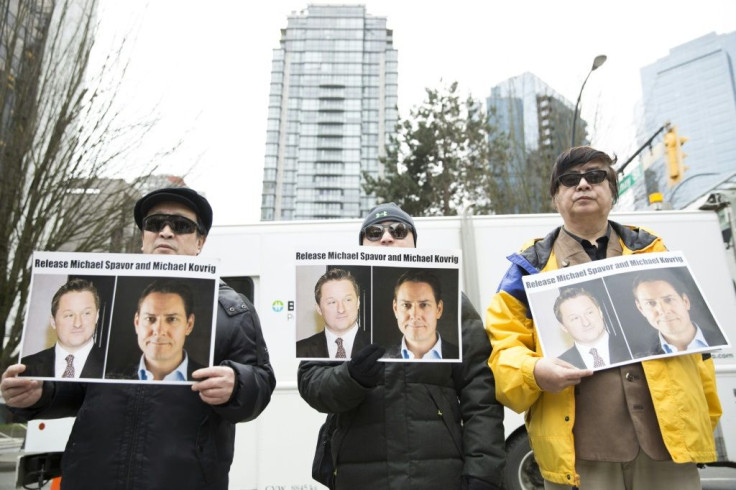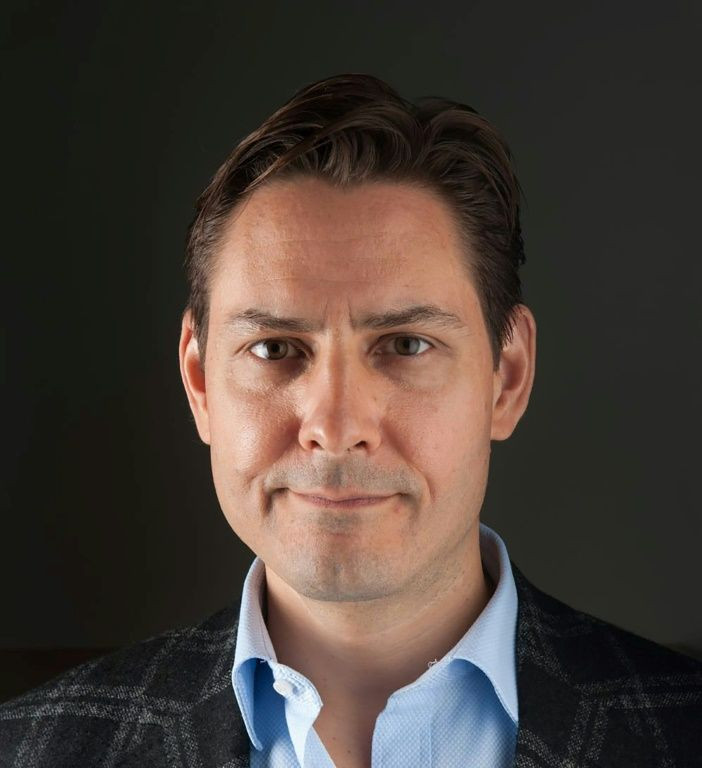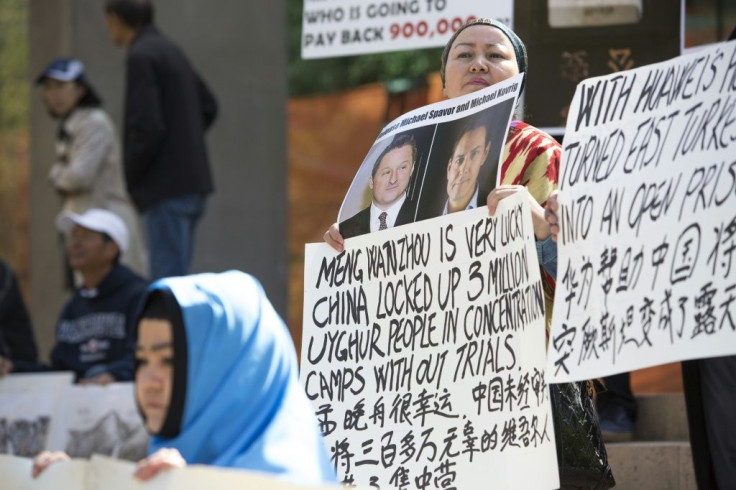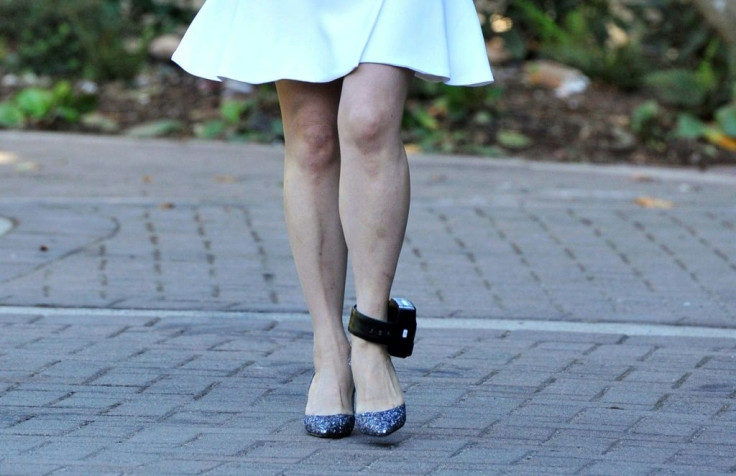Detained Canadians In China Cut Off From The World

Two Canadians who disappeared into China's state security apparatus in what was widely seen as retaliation for the arrest of a Chinese telecom executive remain secluded in detention a year on, without access to lawyers or family.
Former diplomat Michael Kovrig and businessman Michael Spavor, have been languishing in China's opaque legal system since they were apprehended on December 10, 2018 just nine days after the arrest of Huawei's Meng Wanzhou.
According to analysts, their fate is tied to what happens to Meng, who will have a hearing next month in a US extradition case that could potentially last years.
In the meantime, the trio face starkly different conditions.
Kovrig and Spavor have endured hours of interrogation and in the first six months of detention, they were forced to sleep with the lights on, according to people familiar with the matter.
Meng, however, is reading and painting in a mansion in Vancouver, where she is allowed to travel under curfew, tracked by an ankle bracelet.
Diplomatic relations between Canada and China have hit rock bottom over the arrests, damaging trade between the countries, with Beijing blocking billions of dollars worth of Canadian canola imports.

Beijing has repeatedly called for Meng's release while Ottawa says its citizens were arbitrarily detained.
"It's a political case" and there are "very few signs of progress," Guy Saint-Jacques, the former Canadian ambassador to Beijing, told AFP.
Canada's new foreign minister, Francois-Philippe Champagne, said he expressed his country's "deep concern" over the condition of the Canadians' detention in talks with Chinese counterpart Wang Yi last month.

Meng, the daughter of Huawei founder Ren Zhengfei, was arrested while changing planes in Vancouver on December 1.
Accused by the US of violating Iran sanctions, she has hired a team of lawyers to help her fight extradition in court.

"Right now, time seems to pass slowly," wrote Meng in an open letter thanking supporters on the anniversary of her arrest.
"It is so slow that I have enough time to read a book from cover to cover," she continued. "I can take the time to discuss minutiae with my colleagues or to carefully complete an oil painting."
Her mother and husband visit her, Ren told CNN, adding that he was in contact with his daughter, who is "suffering".
Across the Pacific, Kovrig and Spavor have had no direct contact with anyone outside of consular visits that each last half-an-hour, sources said.

They face allegations of collecting state secrets but neither has been formally charged, which suggests Chinese authorities may be "biding their time," Saint-Jacques said.
Kovrig is being held in a cell with about 20 inmates in Beijing, while Spavor shares his with 18 people in Dandong, according to Saint-Jacques.
They are allowed outside for 15 minutes per day, he said.
Messages and photos from family are read out loud to the two Canadians by embassy officials, before they are handed to Chinese authorities -- who may or may not give them to the two men, the sources said.
In the first weeks following Kovrig's arrest, even books were denied.
Spavor, who was based in northeast China, facilitated trips to North Korea, including past visits by US basketball legend Dennis Rodman. He even met North Korean leader Kim Jong Un.
"I would like to help him, but I feel quite powerless," said Tereza Novotna, a friend of Spavor.
Kovrig's employer, the International Crisis Group (ICG) think tank, said the former diplomat who was based in Hong Kong was regularly invited to the mainland by Chinese officials and could not have be viewed as hostile to China.
"I don't think one needs to be an expert on legal matters to conclude why (Kovrig) was arrested," said ICG president Robert Malley.
The Crisis Group is tweeting about Kovrig's case every day to keep him in the public eye.
"It's just important for us to remind the world that he's still being detained," said Malley.
China and Canada were embroiled in a similar standoff five years go.
In 2014, Canadian Christian aid workers Kevin and Julia Garratt were detained shortly after a Chinese national was arrested in Canada in connection with a hacking case in the United States.
The Canadians was regularly interrogated in the first six months of detention, Kevin Garratt said.
In prison, he said, there was no food to buy more than a quarter of the time.
Julia was released in 2015. Kevin was held longer on spying allegations and finally freed in 2016, months after the Chinese citizen, Su Bin, was sent to the United States and pleaded guilty.
"There's always hope," Kevin Garratt told AFP. "That's what kept me going, having hope."
© Copyright AFP 2024. All rights reserved.




















